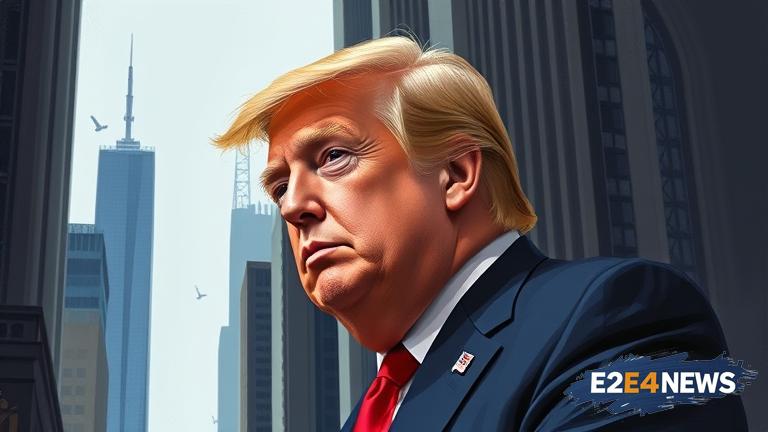In a recent statement, Illinois Governor J.B. Pritzker told President Donald Trump to stay out of Chicago, emphasizing that his presence is neither wanted nor needed in the city. This comes after Trump announced plans to deploy federal agents to Chicago as part of a broader effort to combat crime in major American cities. Pritzker’s response was swift and firm, underscoring the long-standing tensions between the Trump administration and Democratic-led cities like Chicago. The governor’s statement reflects the concerns of many Chicagoans who fear that federal intervention could lead to increased tensions and potential violence. Trump’s decision to send federal agents to Chicago has been met with widespread criticism, with many arguing that it is an overreach of federal authority and an attempt to undermine local law enforcement. Pritzker has been a vocal critic of Trump’s policies, and his statement is the latest salvo in an ongoing battle between the two leaders. The governor’s words have been echoed by other Democratic leaders, who have expressed similar concerns about the potential consequences of federal intervention in Chicago. As the situation continues to unfold, it remains to be seen how Trump will respond to Pritzker’s statement and whether the federal government will ultimately follow through on its plans to deploy agents to the city. The debate over federal intervention in Chicago is part of a larger national conversation about the role of government in addressing crime and public safety. With the presidential election just months away, the issue is likely to remain a major point of contention between Trump and his Democratic opponents. Pritzker’s statement has been seen as a bold move, with some praising the governor for standing up to the Trump administration and others criticizing him for being overly confrontational. Regardless of one’s perspective, it is clear that the situation in Chicago is complex and multifaceted, with deep-seated issues related to crime, poverty, and social inequality. The city has long struggled with high rates of violent crime, and the COVID-19 pandemic has only exacerbated these challenges. In response, local leaders have implemented a range of initiatives aimed at reducing crime and promoting community development. However, these efforts have been hindered by a lack of resources and support from the federal government. Trump’s decision to send federal agents to Chicago has been seen as a misguided attempt to address the city’s crime problems, with many arguing that it will only serve to further militarize law enforcement and undermine trust between police and the communities they serve. As the city continues to grapple with these challenges, it is clear that a more nuanced and comprehensive approach is needed – one that prioritizes community-led solutions and addresses the root causes of crime and violence. Pritzker’s statement is a call to action, urging the federal government to work with local leaders to develop a more effective and sustainable strategy for reducing crime and promoting public safety. The governor’s words have resonated with many Chicagoans, who are eager to see a more collaborative and supportive approach from the federal government. Ultimately, the fate of Chicago and other major American cities will depend on the ability of local and federal leaders to work together to address the complex challenges they face. By prioritizing community-led solutions and providing the necessary resources and support, it is possible to create safer, more prosperous communities for all. The situation in Chicago is a microcosm of the larger national debate over the role of government in addressing crime and public safety. As the country moves forward, it is essential that leaders at all levels prioritize a more nuanced and comprehensive approach – one that balances the need for public safety with the need to protect civil liberties and promote community trust.
